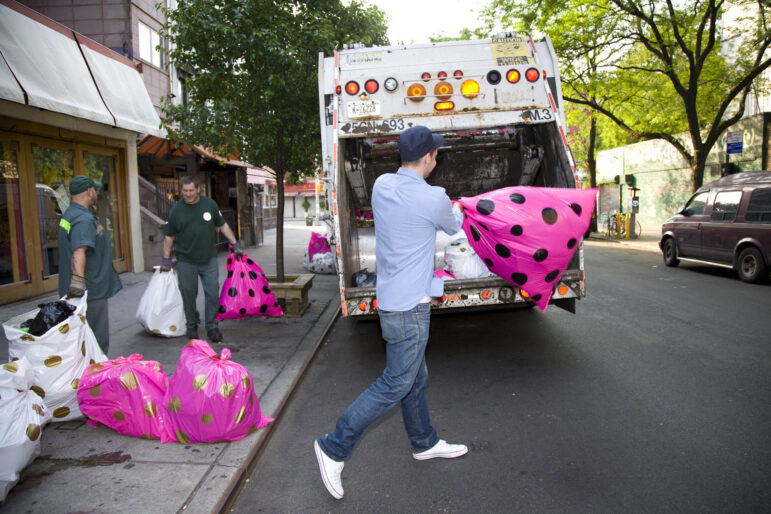When I was a reformer on the City Council during the 1980s and 90s, some of my best partners in advancing the public good were the hardworking members of the New York City press corps.
In 1986, I spent a night on the beat with transit cops and, in an op-ed in The New York Times, explained how a communications system that barely functioned underground was making their jobs more dangerous and difficult. Soon after, I brought a Fox reporter with me to precinct stations in southern Brooklyn to expose how a shortage of officers was leaving entire neighborhoods without the patrols so essential to keeping them safe. Local reporters and broadcasters informed their readers about the impact that government programs were having, or failing to have, on their everyday lives.
Flash forward to 2013, when I launched my most recent bid for elected office. While the hard-hitting, informative pieces that made writers like Adam Nagourney, Wayne Barrett, and Jonathan Hicks stars can still be found, they must be sought out like needles in a million-article haystack. Instead, most New Yorkers are bombarded with a dumbed-down discourse that focuses on sensationalism and the political horserace. This trend is not only pushing smart, underpaid reporters to premium niche sites read mostly by the chattering class; it’s hurting our citizens.
As an outsider candidate for mayor, I never expected great coverage, but I was shocked to see how much the landscape had deteriorated. Before any major poll, the New York Daily News decided to lock our campaign out of three televised debates that it hosted early in the year. When I reached out to an editorial board member for an explanation, I was scoffed at and denied any objective criteria. So, I sought a different path. I offered substantive op-eds, most notably on poverty in schools and the need for early intervention. Rejected. I held press conferences with victims of Hurricane Sandy to demand tougher action from the mayor. Uncovered.
Then, the Anthony Weiner Circus came to town. Newspaper editors put public safety, failing schools, and the affordability crisis aside in favor of anatomical puns. In a real twist, I received more quotes in the month of July, when I called for Mr. Weiner to step out of the race, than during the preceding six months. But the long-term impact that shallow coverage has on our city is much more troubling than its impact on my campaign.
We’re now poised to elect Bill de Blasio as our next mayor. Unfortunately, we know less about his public policies than we know about Anthony Weiner’s private life. That is, in part, why Mr. de Blasio won the Democratic primary. After the collapse of Quinn and Weiner, de Blasio rode a subsequent wave to victory without facing the intense scrutiny that doomed previous frontrunners. His slim record on the City Council, his involvement in Brooklyn development projects, his shifting stances on public safety, or his flimsy tax plan—all virtually unknown to primary voters.
No doubt, Mr. de Blasio has won the hearts of New Yorkers. If he lives up to expectations, I believe that he could make the five boroughs better for all of us. But “ifs” and “coulds” don’t pick up the garbage or keep the city safe. We would be much better off if we knew what our next mayor had accomplished and really plans to do over the next four years. Unfortunately, the fourth estate has failed to provide that information.
Elections have consequences, and so does the way that we cover them. For the sake of our city’s future, we must demand better.










